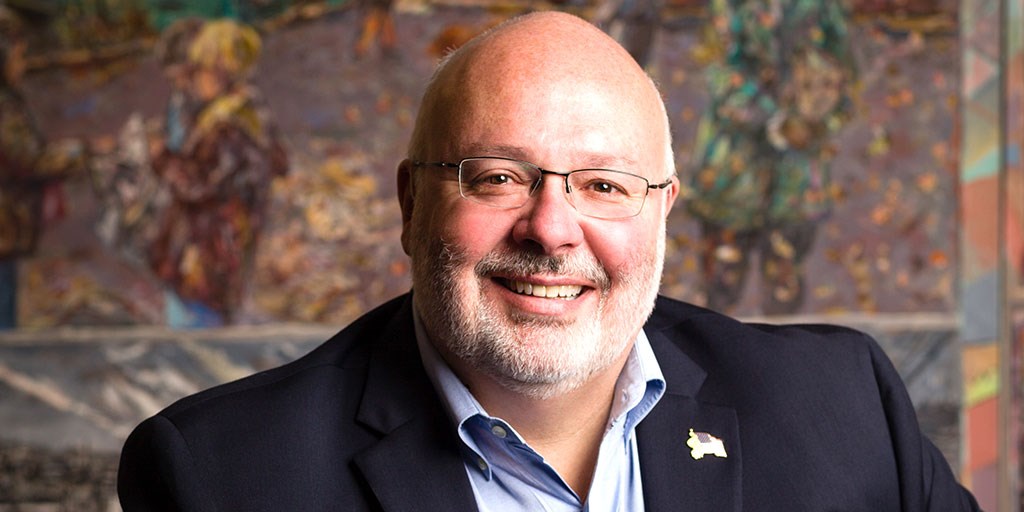August Carlino would argue that nonprofit acquisitions are riskier than their for-profit counterparts.
“That’s how we get funded. We take risks that a for-profit corporation a lot of times won’t do,” says the president and CEO of Rivers of Steel, which preserves and manages historic, cultural and natural resources related to steel and its associated industries.
There’s no long-term financing backing the deal. The nonprofit has to keep proving its case.
Carlino experienced this firsthand when Rivers of Steel acquired RiverQuest, and the nonprofit’s 94-foot ship, which was later rechristened Explorer, in 2016.
“Every year, I’ve got to go back and prove to the foundations that we’re ‘righting the ship,’” he says. “After the first year, they asked, ‘Well, what happened?’ And I said, ‘Look, we said give us three years. Here’s what we encountered in the first year.’ If we fail, that asset fails back on the foundations’ plates, and they don’t want to have to deal with a boat.”
Rivers of Steel expanded RiverQuest’s too-insular model by making Explorer available for public tours and private rentals, and in just two years, the floating STEM classroom was in the black— a year earlier than planned.
In this Dealmaker Q&A, we spoke with Carlino about what gets his blood pumping, the RiverQuest deal and his advice for other dealmakers.
Although RiverQuest was your first acquisition, you’re experienced with buying property and negotiating. What do you enjoy about dealmaking?
Part of my job involves public policy, and there’s dealmaking in that as well. I get down to Washington or out to Harrisburg a lot. I have to work with legislators on both sides of the aisle, trying to craft things that would make people lose their hair.
As much as I like and I’ve learned about real estate transactions and corporate mergers and takeovers, the thing that still gets my blood going — because this is where my background and training is, I came off of Capitol Hill in Washington and I was a lobbyist for a number of years — is when I’m going to D.C. or Harrisburg.
It’s a world that’s different than what most business people are involved in, especially nonprofits.
What do you dislike?
When you deal with people who lack sincerity or are misrepresenting themselves; when you can’t trust, and you find out they’re double-dealing on the side. I don’t have time for that.
You and I might not ever agree, but I’m going to tell you upfront every time, this is where I have to be, and this is why I disagree with you. At the end of the day, we can shake hands, or we can walk away, but you’ll know my sincerity.
You just don’t get that from people. Sometimes people are deliberately underhanded. Sometimes people are just afraid to tell you the bad news. We’re all adults in this. Don’t string me along — just tell me.
How did the RiverQuest deal come about?
I read one day in the newspaper in 2014 that they were looking for a merger partner or they were going out of business.
So, I called and left a message for the executive director whom I didn’t know. (They had co-executive directors.) I said, ‘We’ve partnered with you in the past. I read this article. I don’t know if we’re your merger partner, but I would love to talk to you about how to help.’
That led to a series of conversations that ultimately led to us and RiverQuest approaching the Pittsburgh-based foundations to do a strategic plan — basically a business plan that, if we took them over, explained how we were going to make their operations sustainable.
How did buying the boat preserve RiverQuest’s legacy and help your organization?
RiverQuest was far too important for this region. That was my motivation as much as what we could get out of it as an organization. The loss to the school kids would have been devastating. Over their 20-year history, they have put maybe 100,000 kids on that boat.
We could build our organization by adding a component that we didn’t have, which was river-based tours. We always wanted to have that. We’d done some [tours] with RiverQuest, but when you don’t own the boat, you don’t dictate when the boat goes. We were also trying to build more outreach into schools, and they had an incredible school base.
What’s a key principle you follow in dealmaking?
I’ve tried always to figure out where are the win points for me and my organization, and where are the other party’s win points. And, where are things that I just can’t move on — and everybody has those.
My goal isn’t necessarily to take everything they have and move it over to my side of the table. My goal is, ‘Let’s get this done. For us, let’s make the communities better in the work that we do and the investments that we’re going to provide.’ And then, wherever the deal is for the people sitting across the table, make them come out of it so that they’re happy with what the end result is, too.
In the end, we get a big public relations statement. Public officials and foundations are happy. The last thing I need is to have somebody angry at me — and you never know who they’re connected to. So, a year or two down the line, I could be sitting in front of a foundation whose board member knows this person and says, ‘Auggie was a S.O.B. in this whole thing.’ I don’t need that. That doesn’t mean I’m a pushover. We’re here to do business, but finding win points for both parties is important.




